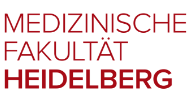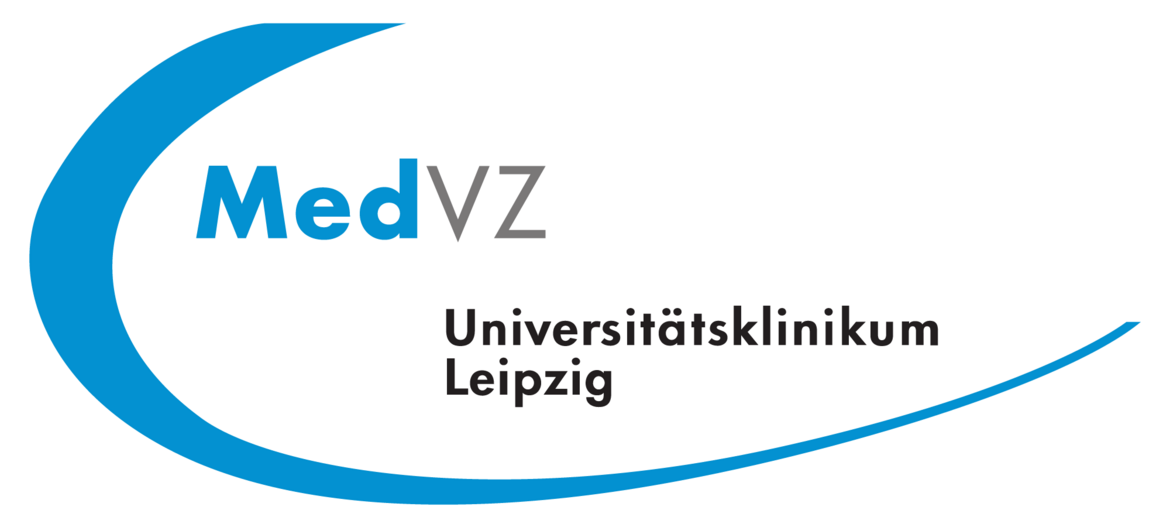WHAT IS KCNA2?
KCNA2 is a rare genetic condition caused by mutations in the KCNA2 gene. This gene encodes a subunit of voltage-gated potassium channels (Kv1.2), which play a key role in regulating the electrical excitability of nerve cells in the central nervous system. Mutations in this gene can lead to dysfunction of these channels, disrupting normal brain development and function.
Key facts about KCNA2:
- Symptoms: KCNA2-related disorders typically manifest in infancy or early childhood. Common symptoms include epilepsy (often difficult to control), global developmental delay or intellectual disability, motor coordination problems such as ataxia, and low muscle tone (hypotonia). Some individuals also present with behavioral abnormalities, including features of the autism spectrum.
- Cause: The condition is caused by disease-associated variants in the KCNA2 gene. Depending on the type of mutation - either gain-of-function or loss-of-function - the excitability of neurons may be increased or decreased. Both types are associated with epilepsy and developmental challenges.
- Diagnosis: Diagnosis is confirmed by genetic testing that identifies a pathogenic variant in KCNA2. The combination of epilepsy, developmental delay, and motor symptoms may raise clinical suspicion and lead to genetic evaluation.
- Treatment: There is currently no cure for KCNA2-related disorders. Treatment focuses on managing symptoms—particularly seizure control with antiepileptic medications—as well as supporting cognitive and motor development. Speech therapy, physical therapy, and occupational therapy are often important components of care. A multidisciplinary approach is typically required to meet each child’s individual needs.
- Prognosis: The prognosis of KCNA2-related disorders varies depending on the specific genetic variant and symptom severity. Some children make significant developmental progress over time, while others may require lifelong support. Early diagnosis and comprehensive care can greatly improve quality of life and developmental outcomes.
KCNA2 is a complex and challenging condition that significantly affects the lives of affected children and their families. However, early diagnosis, a thorough understanding of the disease presentation, and comprehensive care can help improve the quality of life for those affected. Ongoing research and international collaboration are steadily increasing our knowledge of the condition and potential treatment approaches.
WHY DO WE NEED A KCNA2 REGISTRY?
“Registries and databases are the backbone of modern medicine. They allow us to learn from the experiences of many patients and improve care for everyone.”
Until now, there was no existing KCNA2 registry. Families affected by the condition can now participate in a patient registry. The data are collected in Germany as part of a collaboration between Heidelberg University and Leipzig University, following the highest security standards. In addition, the KCNA2 registry is currently being expanded into multiple languages to reach families affected worldwide. Collaboration and scientific exchange with international patient advocacy groups and researchers is a central goal of the project. The registry also aims to facilitate contact with affected individuals for future German and international research studies.
CONTACT PERSON:
Study Lead:
Prof. Dr. med. Steffen Syrbe
Additional Members of the Registry Team:
Dr. med. Jan Henje Driedger
Kim Marie Thalwitzer
Contact Address:
Center for Pediatric and Adolescent Medicine
Devision of Pediatric Epileptology
Subject: Registry
Im Neuenheimer Feld 430
69120 Heidelberg
Germany
Email: Epi-Register.Kind(at)med.uni-heidelberg.de
CLICK HERE TO PARTICIPATE IN THE KCNA2 REGISTRY
Downloads
A collaboration with the Department of Human Genetics in Leipzig
FAQ
WHO CAN PARTICIPATE IN THE KCNA2 REGISTRY?
The KCNA2 Registry includes individuals affected by KCNA2 regardless of age, severity, or nationality. The questionnaires are completed by parents, relatives, or caregivers of individuals with KCNA2. Currently, the questionnaires are available in German and English. Additional languages are in preparation.
HOW OFTEN IS DATA COLLECTED?
The initial data collection takes place via a questionnaire completed immediately after your registration. Afterwards, you will automatically receive a link to a follow-up questionnaire once a year.
WHAT HAPPENS TO THE DATA I PROVIDE?
The personal information you enter in the consent form and the data collected through the questionnaires - regarding disease progression, treatments, and quality of life - are stored separately. Only the study lead has access to a pseudonymization key that allows linking your personal identity with the collected data.
The pseudonymized (i.e., de-identified) data are stored in a secure database called REDCap (Research Electronic Data Capture). At regular intervals, the registry team analyzes the collected data with the goal of better understanding the natural history of the disease.
WHAT HAPPENS TO THE DOCUMENTS I UPLOAD?
You can upload medical reports (e.g., EEG, MRI, molecular genetic diagnostics) of the study participant directly into the patient registry. These documents are reviewed and the relevant information is transferred to the database by a member of the registry team. The original documents are then deleted.
DO I NEED TO REMOVE PERSONAL INFORMATION (E.G., NAME, ADDRESS) FROM THE DOCUMENTS I UPLOAD?
All uploaded documents are reviewed by a member of the KCNA2 Registry team. Relevant medical findings are extracted and pseudonymized before being transferred to the study database. The original document is then deleted. This ensures that only de-identified (pseudonymized) data are stored in the database. However, we strongly recommend that you obscure your name, date of birth, and address on all documents before uploading them.
CAN I EDIT MY DATA AFTER SUBMISSION?
Using your personal link, you can edit, delete, or complete your entries for a limited period - until the follow-up questionnaire is sent one year later.
WHO CAN I CONTACT IF I HAVE QUESTIONS OR NEED HELP?
If you encounter any difficulties, have questions, or would like to share feedback, you are welcome to contact a member of the KCNA2 Registry team.
Email: Epi-Register.Kind@med.uni-heidelberg.de


